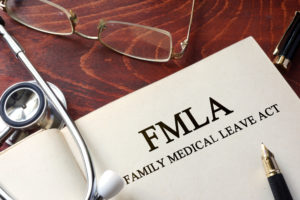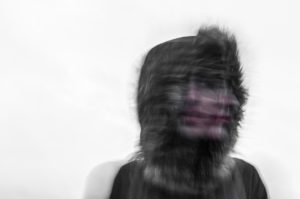What is Bipolar Disorder?
A simplified definition of bipolar disorder or manic-depressive illness is when a person has wild mood swings of mental/emotional shifts over time. This means that there are usually manic episodes when a person feels “high” then crashes into sadness or depression. Sometimes, people who suffer from bipolar disorder show psychotic symptoms: from talking to people who aren’t there, feelings of grandiosity or that they’re invincible—to total depressive symptoms—even to the point of wanting to die.
However, to say that all sufferers of bipolar disease show all of these symptoms is not always true. Also, since each person is unique, each sufferer of a bipolar disorder tends to have super high and low periods—but not always.
What if I have lots of Highs and Lows— Do I have Bipolar Disorder?
Plus, not everyone has bipolar disorder, even if they experience a lot of highs and lows. That’s because most people experience highs and lows while “living life.” The government website: National Institute of Health, states this same idea: “Bipolar disorder is not the same as the normal ups and downs everyone experiences. The mood swings are more extreme than that, involving changes in sleep, energy level, and the ability to think clearly.”
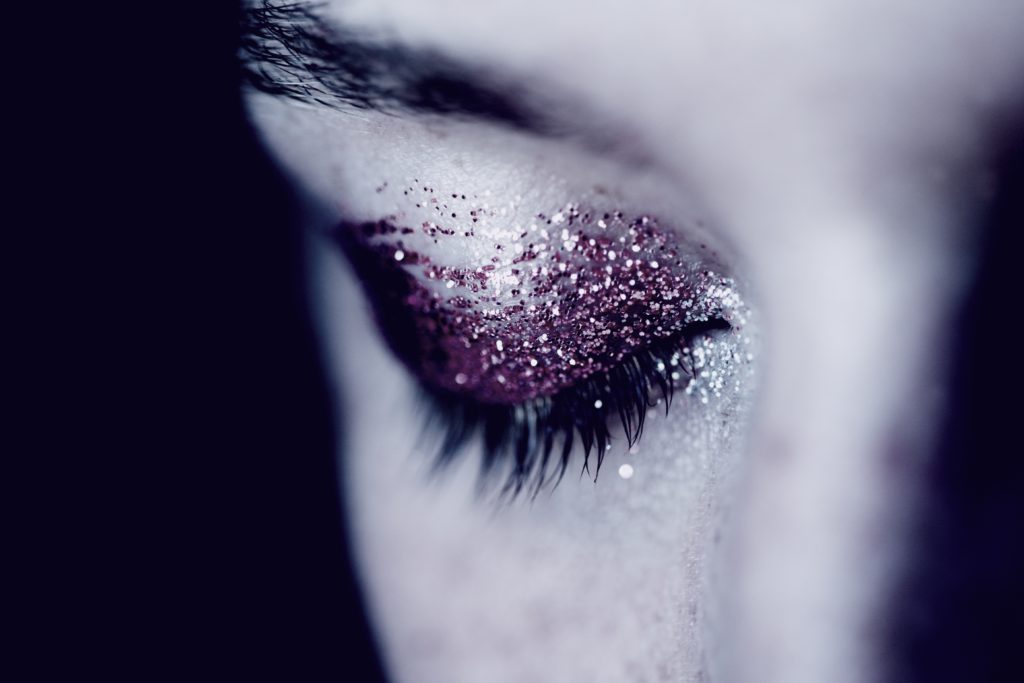
What’s a Perfect Example of Bipolar Disorder’s Manic State?
A perfect example of a manic state is from the movie “The Titanic” —that famous scene where Leonardo DiCaprio has his arms spread out on top of the sinking ship, yelling: “I’M THE KING OF THE WORLD!” So, unless the manic person is arrested or otherwise detained, no one else (not even a best friend) can usually explain what the other people are ‘seeing’.
States of mania might look like an average soccer mom suddenly feeling the need to go to all the expensive stores and buy thousands of dollars worth of fancy clothes for no reason. Or a young teenage boy stealing a motorcycle to enter into local biker races, and winning. Additionally, it could look like any normal looking person suddenly changing their schedule, canceling important meetings to go on vacation, or any number of situations where bipolar people cut their losses completely so they may indulge in a “high on life” feeling of invincibility.
How Many People in the U.S.A. have Bipolar Disorder?
The Psychology Today webpage also states: “About 5.7 million American adults, or about 2.6 percent of the population age 18 and older, in any given year have bipolar disorder. Bipolar disorder typically develops in late adolescence or early adulthood.”
What are Some Bipolar Symptoms?
According to a Psychology Today webpage, they define Bipolar disorders with the following: “Bipolar disorders also known as manic-depressive illness are a group of brain disorders that cause unusual shifts in mood, energy, and ability to function. The symptoms of bipolar disorder are severe and can result in damaged relationships, poor job or school performance, and even suicide.”
Other symptoms of bipolar disorder are weight gain due to eating too much or too sluggish to move around (from depression). Also staying up all night, talking non-stop, irritability, risky behaviors, driving erratically. Even criminal behaviors, usually from manic states.
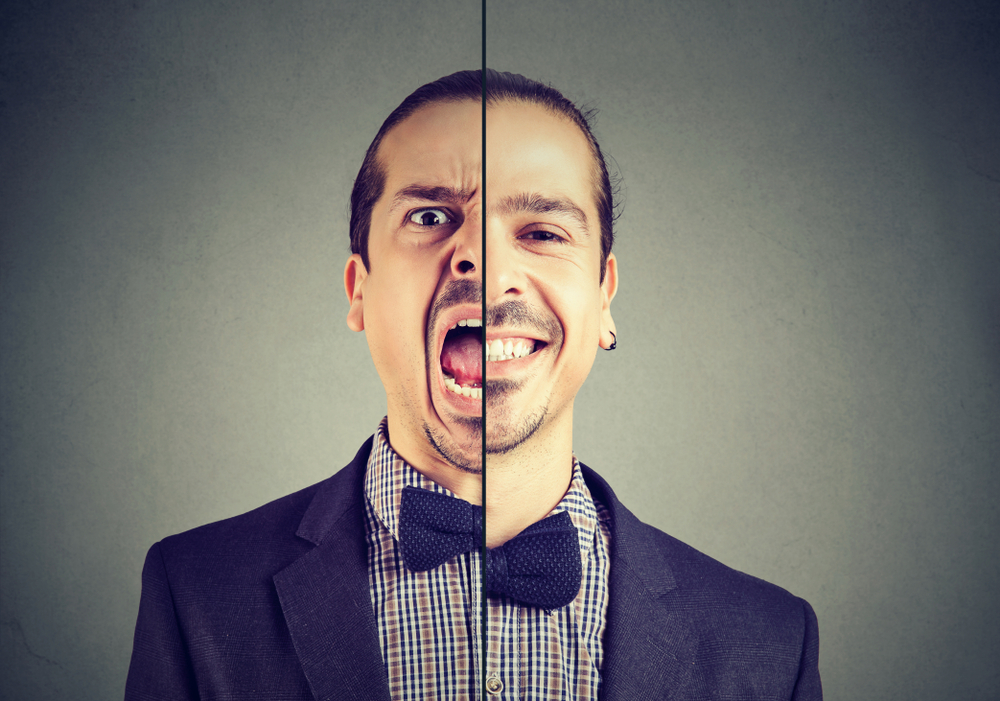
Why is it so Difficult to Diagnose Bipolar Disorders?
It is difficult to diagnose bipolar disease because there are some medical conditions (and many a mental illness) that mimic bipolar symptoms. For example, before a full diagnosis, one may be suffering from migraines, heart problems, obesity, or diabetes—not a bipolar disorder! And, some other diseases such as substance abuse, anxiety, and even some eating disorders also mimic bipolar disorder symptoms.
Also, people with and without bipolar disorders tend to self-medicate when they don’t feel well. They may experience substance abuse “side effects” such as feeling manic, after taking certain stimulants (cocaine, methamphetamines, etc.). Then they may experience a severe depression and “crash” when their ‘drug of choice’ wears off. The highs and lows of substance abuse “side effects” may seem to be true bipolar disorders, if others don’t know the people are abusing drugs. Therefore, it may take months—even years to arrive at a proper diagnosis of a true bipolar disorder—if there’s even one, to begin with.
Diagnosing bipolar disorder is like trying to hit a moving target. Therefore, if doctors have a challenging time diagnosing Bipolar Disorders—then think about everyday people trying to ‘label’ what’s wrong with someone. It’s no wonder why people—even family members and friends– shouldn’t be so quick to judge anyone—even those diagnosed with bipolar disorder.
Why do some Bipolar Disorder Sufferers not want any Treatment?
When people with bipolar disorder are in a manic state, all’s right with the world. They won’t allow you to ‘kill their buzz’! They will deny until ‘until pigs fly’ that anything could be wrong with them. The National Institute of Mental Health’s webpage has a particular note for health care providers, stating: “People are more likely to seek help when they are depressed than when experiencing mania or hypomania. Therefore, a careful medical history is needed to ensure that bipolar disorder confused with major depression.”
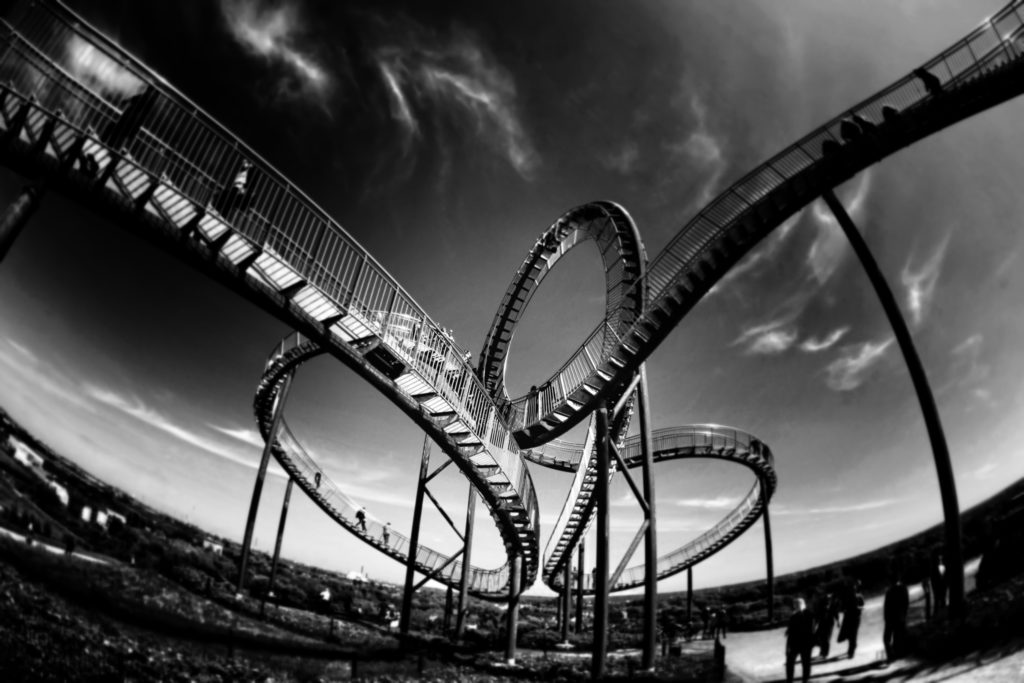
What Types of Bipolar Disorders are there?
There are five main categories of psychiatric disorders, including the following bipolar disorders:
- Bipolar I Disorder: People with this disorder usually have had one or more manic episodes in their lives. Most people with bipolar I disorder also suffer from bouts of depression.
- Bipolar II: People with this disorder usually have had a significant episode of mania; these not-so-intensely heightened moods are known as hypomanic episodes. However, this “milder bipolar disorder,” according to the Substance Abuse and Mental Health Services Administration (SAMHSA), may still play a role in giving these bipolar sufferers a lot of trouble (when trying to hold down a job or going to school).
- Cyclothymic Disorder: People with this disorder, usually have moods that swing between short periods of mild depression and mania.
- Mixed Bipolar: A person with mixed bipolar episodes experiences moods from both ‘polar’ opposites—sometimes, showing signs of having both mania and depression, all-at-once–or one right after the other. It seems that sufferers of this disorder are on roller coasters, without ever going on a theme park ride.
- Rapid-Cycling Bipolar Disorder: Rapid cycling is a pattern of quickly repeating and, well-defined episodes of mania or depression—sometimes four or more of each, within a year! In rapid cycling, a person with the disorder experiences four or more episodes of mania or depression in one year.
- The Bipolar Spectrum: This ‘spectrum’ refers to conditions that include not the only bipolar disorder but also other types of mental conditions that involve depression or mood swings. Think of bipolar spectrum like a color spectrum or a rainbow of colors, where a person sometimes feels blue—sometimes suicidal. Then suddenly, they’re ecstatic—and, ‘all is well’.

Should People deal with Bipolar Disorders by themselves?
No! People suffering from a bipolar disorder should not have to cope with bipolar disorder, all by themselves. If people who have bipolar disorder want to recover fully, they should find the right treatment.
The manic person will insist that they are ‘more than fine’! Sadly, people usually have to go through a rock-bottom phase before they are ready for help.
So, this isn’t the time, sufferers of bipolar disorders are likely to ask for help. That’s because everything seems to be terrific—while terrifying everyone around them. Everyone else senses that the energy is “off”—way too energetic or abnormally sluggish. Often times loved ones cannot get this message through to this person, who probably wonders why everyone around them is so worried about them. It is a shame that many people don’t get the help they need. This is no way to live one’s life—with such dangerous mood swings!
How severe are Bipolar Disorders?
Bipolar disorders are usually more severe than most people could ever realize. A person suffering from bipolar disorder might talk about suicide. The next moment they suddenly want to go mountain climbing! The person suffering may also get in more than their fair share of car accidents, jail/prison, or hospital “vacations”. So, mentally ill people suffering from bipolar disorders should receive proper care.
That being said, different people may have different levels of severity of bipolar disorder. Depending on the person and their situation, genetic makeup, chemical balances, and emotional state, bipolar disorder can appear “better” or “worse” to each person.
Can a Person Fully Recover from a Bipolar Disorder?
That is a challenging question because not all bipolar disorder sufferers will suffer, equally! Some bipolar disorders seem mild. However, just because the disease doesn’t show the extreme symptoms, doesn’t mean the person isn’t silently suffering—and that they are living up to their full potential.

Will Some Bipolar Disorder Treatments Help People Fully Recover?
According to the PsychCentral webpage:: “With appropriate treatment, the outlook for someone with bipolar disorder is favorable. Most people respond to medication and combination of medications. Approximately 50 percent of people will respond to lithium alone. An additional 20 to 30 percent will respond to another medication or combination of medications. Ten to 20 percent will have chronic (unresolved) mood symptoms despite treatment. Approximately 10 percent of bipolar patients will be tough to treat and have frequent episodes with little response to treatment.”
We cannot guarantee treating bipolar disorder will be easy! But, what are the alternatives? If you are suffering from bipolar disorder, and are tired of feeling such extreme emotions (as if you’re taking a ride on an invisible roller coaster)? Do you want to live this way, for the rest of your life? Or, do you want to start bipolar disorder treatments, now, before you do something really strange—admitted to a mental treatment center, hospital, or jail? I cannot guarantee it will be simple—or even very comfortable! However, you need to take the first step, towards a full recovery. If you’re reading this, then it’s probably time to call someone.

